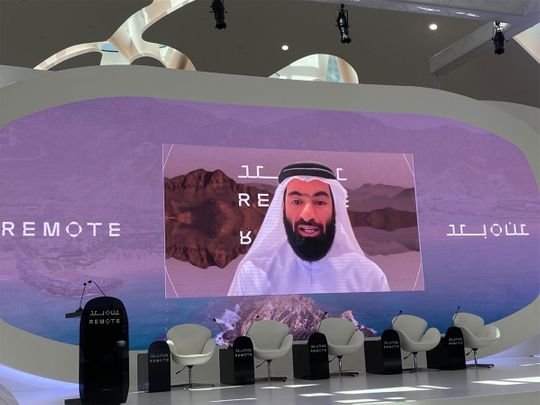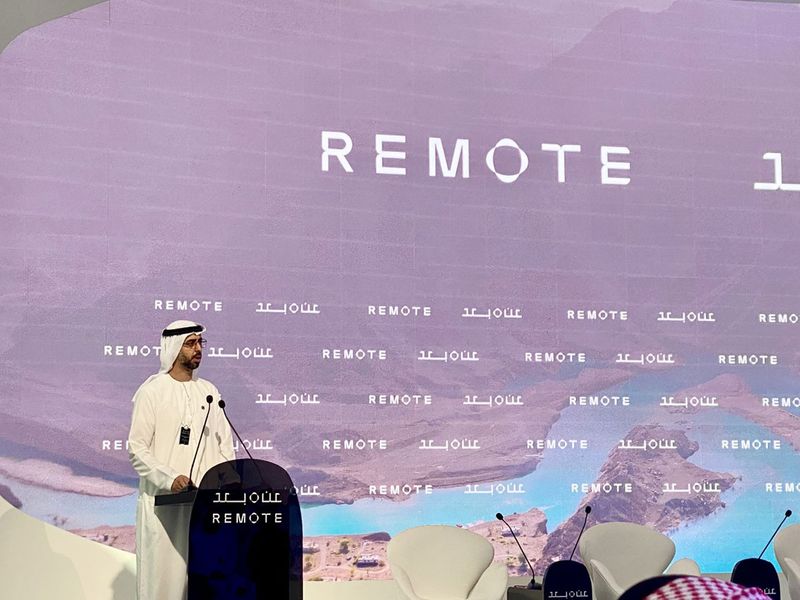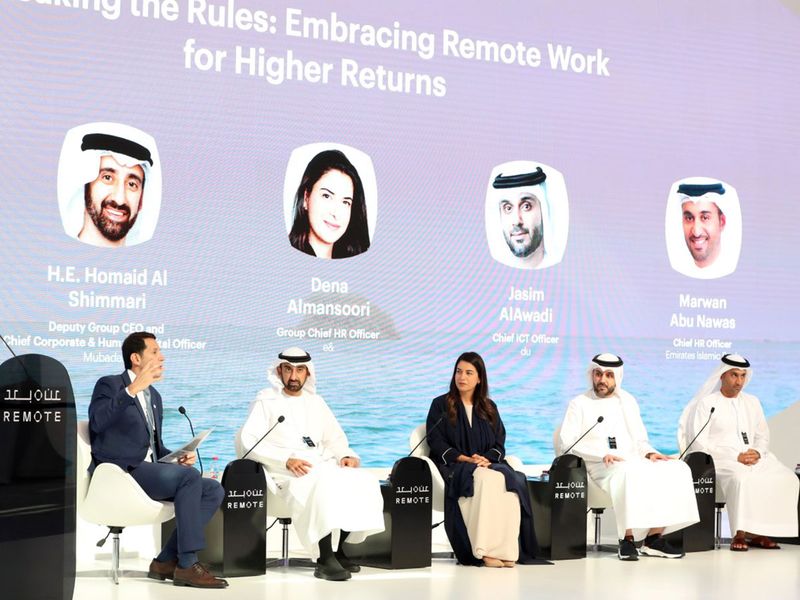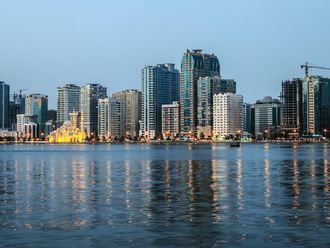
Dubai: Starting from tomorrow, March 16, government employees in Dubai can work remotely from public libraries, it was announced on Wednesday.
Abdulla bin Zayed Al Falasi, Director-General, Dubai Government Human Resources Department, announced the launch of the new initiative at the inaugural day of ‘Remote’, a new forum that aims to activate the nation’s agenda for remote work, remote education and remote healthcare.
Addressing the forum virtually, Al Falasi told the audience at the Museum of the Future that the new human resources initiative has been launched in collaboration with Dubai Culture that oversees libraries and Digital Dubai that ensures digital transformation of the city.
67,000 employees covered
“With this we will have new ways to work remotely. This will help reduce traffic. Employees can work remotely from libraries close to them,” said Al Falasi.
A video screened at the session indicated that the move will be implemented by 61 government entities in Dubai and it will be applicable to as many 67,000 employees.
Later, Omar Sultan Al Olama, Minister of State for Artificial Intelligence, Digital Economy and Remote Work, told reporters that the new remote work facility from the libraries will come into effect from tomorrow, March 16. “More details will be released tomorrow [March 16],” he said.
Al Olama pointed out that the new initiative will allow government employees in Dubai to work from public libraries that are closer to their homes. “So, it will allow people to actually work closer to their homes in an enlightening and inspiring environment.”

Standards and policies
The minister also revealed that the UAE will issue standards and policies for remote work.
“We are going to constantly look at the whole new system, new pedagogy to actually manage this. There will be new policies. Towards the end of the year, there will be new standards as well.”
He said the standards of remote work will ensure health and well-being of employees.
“We don't want remote work to affect the well-being of individuals. Just think about this. Today, when we go to the office, there are certain standards of lighting, of desks, of keyboards, of chairs, that ensure that people do not get health issues. If you're working from your bed at home or working on the sofa, and slouching down, this will create a burden rather than an advantage for the government to spend more on health insurance. So we need to make sure that the standards are put in place,” he explained.
How about the private sector?
On implementing the remote work standards in private sector, Al Olama said: “We need to make sure that the standards that we put in place eliminate such issues. We [at government] lead by example, but we will not force the private sector to do anything that will impact their profits.”
However, he pointed that private companies are also taking their own measures to continue hybrid work model even after all the COVID-19 restrictions have been lifted to ensure work flexibility for their employees.
“Mubadala, for example, has allowed eight hours of remote work in a month,” the minister said.
Earlier, speaking at the opening session of the forum, Al Olama highlighted the role of remote work in building a flexible future for the country’s workforce, saying "the role is to achieve flexibility at work in an era when remote work is a main way of work, not an exception".
“We must move from using the methods of remote work as just a trend to using those to our advantage as a technique to improve the quality of life of residents and nationals,” he pointed out.
Top executives of country’s leading employers such as Mubadala, Emirates Islamic Bank, du and e& shared their experiences in implementing hybrid work model and shared several benefits for employers and employees at a session titled 'Breaking the Rules: Embracing Remote Work for Higher Returns'.

Speaking to Gulf News later, Dena Al Mansoori, Chief Human Resource Officer, e&, said: “Something magical happens when you empower and entrust your people to work wherever they are their most productive selves. In the case of e&, the benefits have been clear, as there is a direct link between employee engagement and company performance. Since implementing our hybrid working model, our employees are increasingly more engaged, happier, and more productive, which has, in turn, resulted in a record performance for e& Group year over year since 2020.”
Remote work in legal system
In another session, Abdulla Al Nuaimi, Minister of Justice, highlighted how digital transformation revolutionised the legal services towards flexibility and agility. He revealed that the ministry would use Artificial Intelligence and Metaverse to further reduce the number of days taken for the completion of litigation.
“Some of those services are expected to come on stream, hopefully by the end of the 2024,” he told Gulf News later.
With 158 digital litigation services, currently, the average period taken for the completion of litigation is 64 days in the UAE whereas it is 120 days internationally, he pointed out.
The Remote forum is hosting ministers, high-level UAE government officials and decision-makers with private sector over two days.
On day one, it was held under the theme 'Remote Work: Productivity, agility and remote performance measurement'.
On day two on Thursday, the focus will be on remote education and remote health with talking points on accessibility, opportunity and remote education quality assurance as well as innovation, readiness, convenience and efficiency in healthcare.
-with inputs from Khitam Al Amir, Chief News Editor









